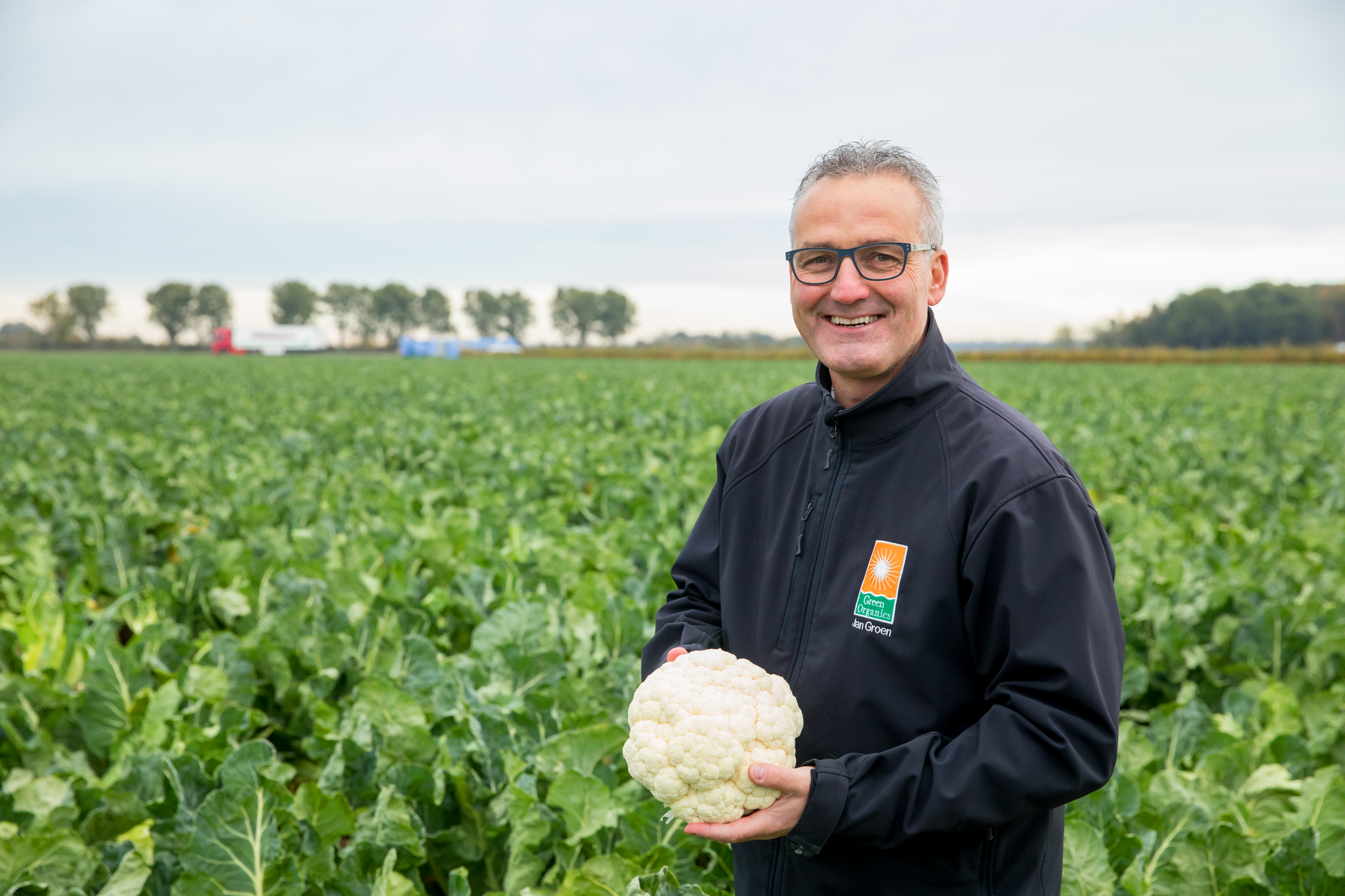Cooperation, new language, communication and interest in organic breeding are needed
Brussels, May ‘21
The OPTA-FiBL webinar of 5 May brought breeding specialist and market players together and showed what it is needed to realize the 100% organic seeds and animals for reproduction purposes requirement for 2037 in the new organic regulation.
Amadeus Zschunke, director of Sativa Rheinau and president of bioverita, expressed it most comprehensive: “Organic breeding is a dialogue along the whole value chain, instead of the monologue of genetic engineering.” And we know, alone you go much faster, but together we you will reach further. Still 15 years in front of us. Where are we now and what to do to come to 100% organic seeds and animal of adapted cultivars and breeds?
Mariateresa Lazarro (FiBL organic breeding team) showed what the new regulation requires and key figures of where we stand now. It is a wakeup call that we are at this moment approximately at the level of 10% organic cultivars. And in the area of animal breeding we have only started yet in some places, like the Bio-KI initiative in The Netherlands. Wytze Nauta, who already works on this Bio-KI project for 20 years, is serving 100 organic dairy farmers with straws for artificial insemination (AI) from bulls selected for good performance in organic conditions. This project has the potential to become the first organic AI-station in the world, as alternative for the conventional ones that dominate also the animal breeding supply to organic dairy farmers worldwide. “This organic approach is needed to create cows that are robust and resilient and can manage the feed without high percentages of concentrate feeds, Wytze expressed.
Gert-Jan Liefferink, sustainability manager of EOSTA – Nature and More), showed the developments in overseas fruits. Especially in large commodities like bananas and mango’s the market is dominated by very few varieties. The pressure on a long shelf-life, hardiness and easy to use has driven the market into this single varieties. Can we still call that organic? “In the high value fruits grapes and blueberries a lot of money is involved with good profit models for breeders. Can we interest the breeders to start-ups specialized selection of organic varieties, that is the question.”
Panelist Edith Lammerts van Bueren brought in a success-case for the development of organic potato cultivars, where conventional breeders were also involved. Because of some difficulties in organic potato production ten years ago a government financed program Bio-Impuls (2009-2019) started to support the breeding of phytophthora -resistant organic potato varieties. It took many years to develop the new varieties and the market was not immediately willing to commercialize them. After a difficult phase, the Dutch organic sector managed to come to agreements with the retail sector to sell 100% organic potato varieties in three years. This resulted in a lot of effort along all the value chain. Within three years the goal was reached and the number of organic varieties increased from 10 to 25.
Frederica Bigongiali (Foundation “Seminare il Futuro”) stressed the importance to support farmers to switch to organic seed. Steven Ijzerman (Udea) stressed the importance of easy to understand communication language for consumers, like “robust”, to promote organic varieties and create consumer awareness.
To bridge the gap between farmer and consumer cooperation and communication is needed to develop organic varieties that will become successful in the market. And the involvement of breeders is of course most necessary. With EU Commission goal of 25% organic farming in 2030 and the regulatory requirement of 100% organic seeds and animals in 2037 the specific market for organic sector will be consolidated. And the organic sector has to put in energy to accelerate this transition in the coming years.
Link to the recording
For further information:
FiBL – Mariateresa Lazzaro: mariateresa.lazzaro@fibl.org
OPTA – Bavo van den Idsert: bavo@opta-eu.org
